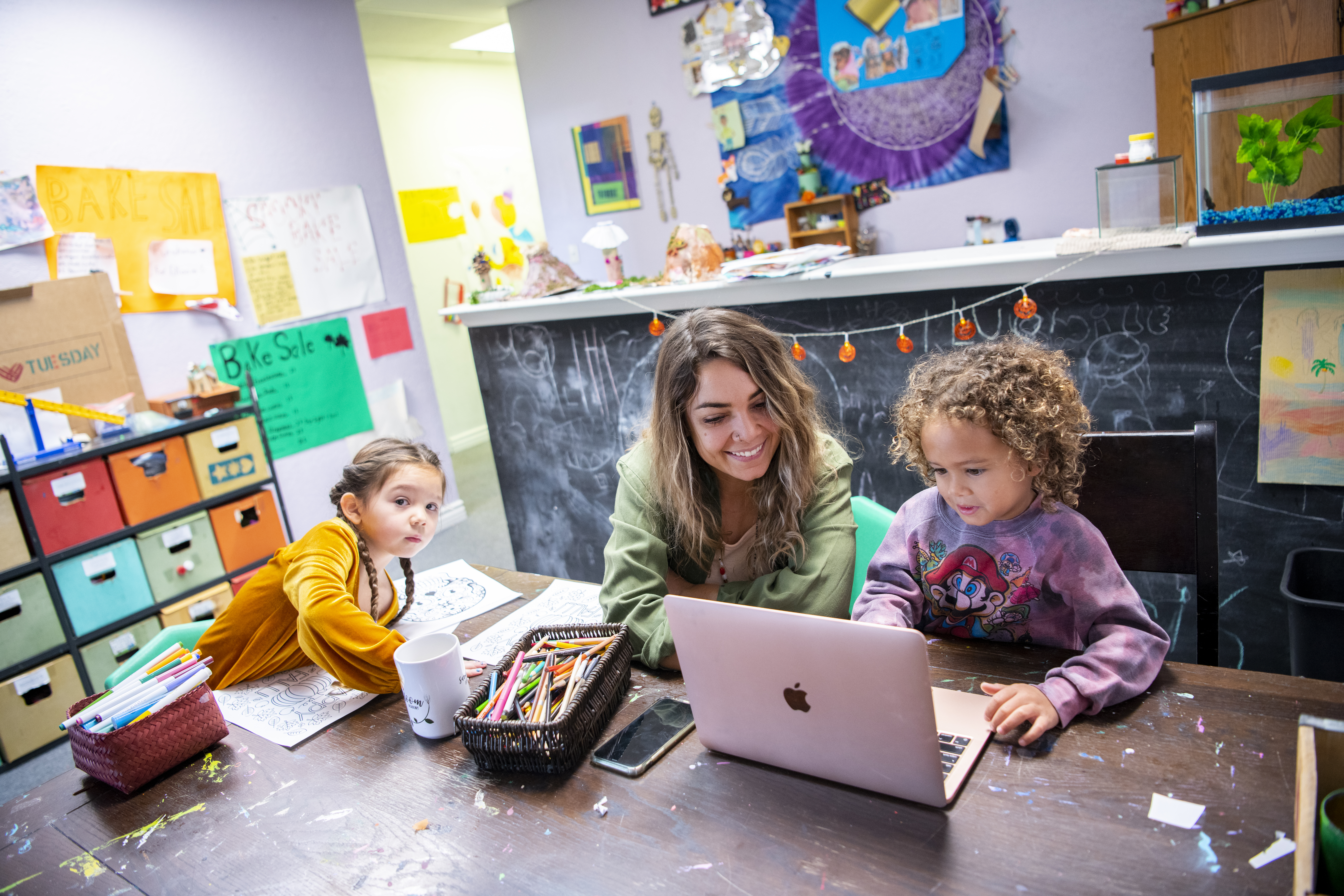K-12 education reform: Top issues & solutions

The landscape of K-12 education is constantly evolving, presenting numerous challenges that demand innovative solutions. By addressing these issues and implementing effective education reform, we can create a more empowering and inclusive learning environment for all students. In this comprehensive guide, we’ll explore the top K-12 education issues and solutions, and explain how education reform solutions can lead to transformative results.
Top K-12 education issues
One-size-fits-all approach
The traditional education system adopts a standardized, one-size-fits-all approach, which fails to cater to individual students’ unique needs and learning styles. This leads to disengagement, frustration, and poor learning outcomes.
Lack of individualized education
Students are more likely to thrive in an environment that offers personalized learning experiences tailored to their interests and abilities. However, many schools struggle to provide such customized education options, limiting students’ potential for success.
Inadequate preparation for the real world
The current education system often fails to equip students with the essential life skills and practical knowledge needed to navigate the real world. As a result, many students feel unprepared for the workforce and adult responsibilities.
K-12 education reform solutions
Embracing individualized education
To address these pressing issues, K-12 education reform efforts should prioritize increasing access to individualized learning experiences that cater to each student’s unique needs and interests. Personalized education options, such as self-directed learning, can empower students to take charge of their educational journey, leading to increased engagement and success.
VELA’s vision for education is to shift the purpose from schooling to learning, from an expert-driven, one-size-fits-all system rooted in standardization and uniform outcomes to normalizing a multitude of learning approaches and outcomes.
Self-directed learning and innovative models
Innovative models like self-directed learning allow students to set their own educational goals and pursue their interests at their own pace. Examples of such pioneering initiatives include The Forest School, which emphasizes leadership skills, communication skills, and team dynamics, and Bloom Academy, which incorporates character development into its curriculum.
Tailored skills training and apprenticeships
By offering tailored skills training and apprenticeship opportunities, schools can better prepare students for the workforce and real-world challenges. Programs like Electric Girls empower young women to pursue STEM subjects, while One Stone school enables students to create individualized curricula based on their unique interests.
Expanding educational options and access
K-12 education reform solutions should also focus on expanding educational options and access for all students. By offering a diverse range of learning opportunities, schools can better accommodate the needs of every learner.
Scholarship programs and financial assistance
Scholarship programs like Arizona’s Empowerment Scholarship Account (ESA) provide financial assistance to help students access tailored education options. Organizations like Love Your School offer personalized support to families seeking alternative education models, empowering them to make informed choices and pursue the best educational path for their children.
Policy Changes and Advocacy
Advocating for policy changes that promote educational choice and innovation can drive meaningful education reform. Grassroots activists, educators, and organizations that are part of the Stand Together community work to champion new education policies and initiatives, fostering a more inclusive and individualized K-12 education experience.
Fostering community engagement and collaboration
Building strong relationships between educators, students, families, and communities is essential for driving transformative change in K-12 education. By working together, stakeholders can develop effective solutions that address pressing issues and promote educational success.
Sharing success stories and best practices
Organizations, like Love Your School, highlight the power of collaboration and the diverse array of educational options available to families. By sharing success stories and best practices, these platforms inspire action and foster a sense of community among stakeholders.
Supporting education entrepreneurs and innovators
Encouraging and supporting education entrepreneurs and innovators is key to driving K-12 education reform. By investing in new and creative approaches to education, we can unlock the potential of individualized learning and empower students, educators, and communities to thrive.
The future of K-12 education
The future of K-12 education lies in embracing individualized learning experiences and expanding access to diverse educational options. By fostering collaboration, innovation, and community engagement, we can empower students, educators, and communities to overcome challenges and usher in a new era of K-12 education that truly serves the unique needs of every learner.
To learn more about the transformative power of K-12 education reform solutions, explore Stand Together’s K-12 education reform efforts.
Additional K-12 education resources
- Access Stand Together’s K-12 Education Landscape Report.
- Download Stand Together’s Education Research Papers.
- Access Stand Together’s Guide To The Best Education Programs.
- Watch Inspiring Back To School Videos.

